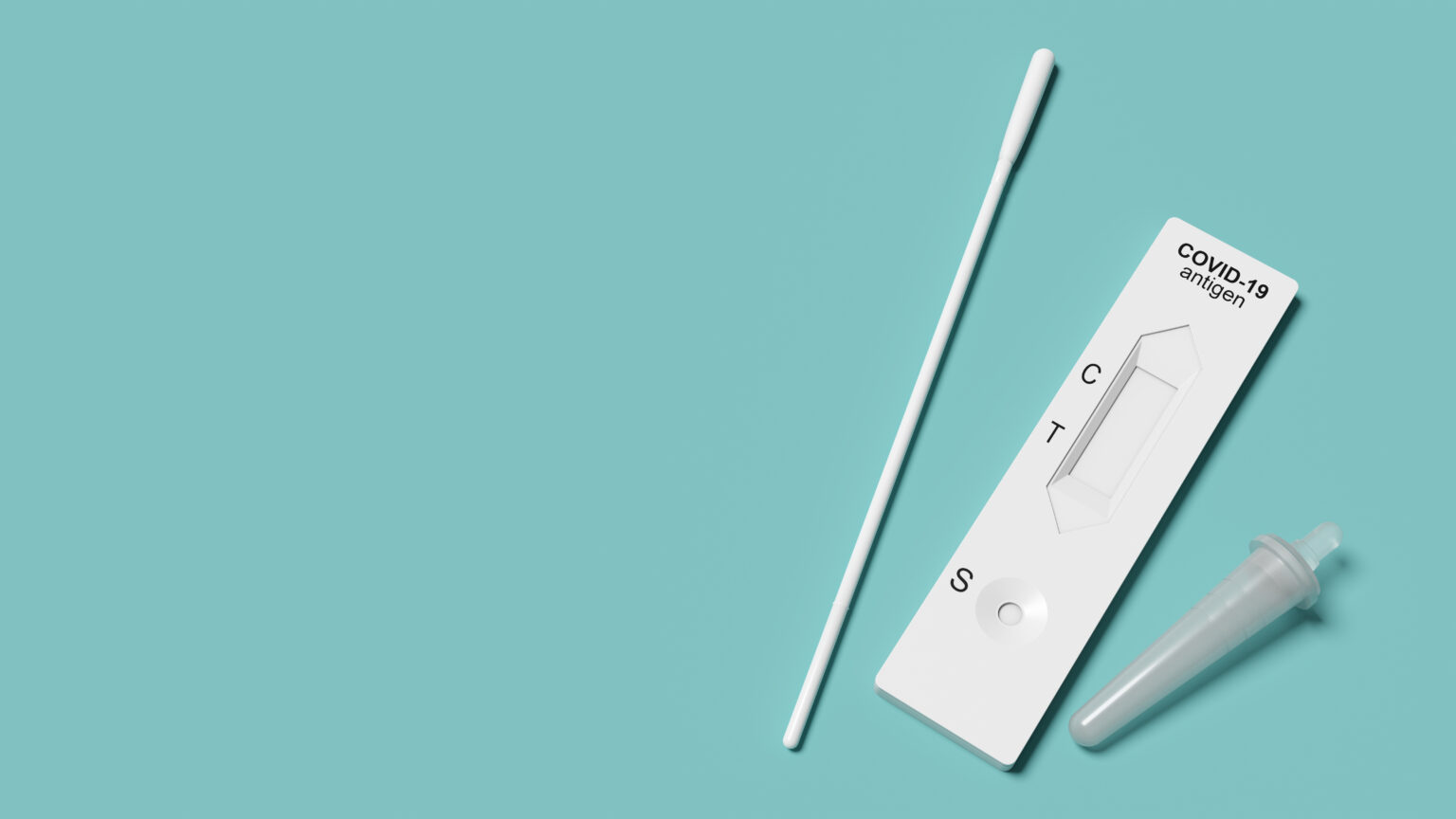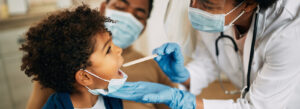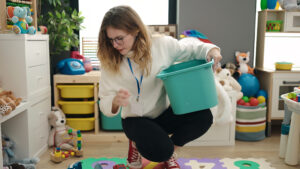There are no Covid-19 restrictions in the UK. However, it is important that early years settings follow infection control procedures to prevent the spread of Covid-19, as is the case for other infectious illnesses.
Jump to...
What are the main symptoms of Covid-19?
Current NHS guidance states that symptoms of Covid-19 can include:
- a high temperature or shivering (chills) – a high temperature means you feel hot to touch on your chest or back (you do not need to measure your temperature)
- a new, continuous cough – this means coughing a lot for more than an hour, or 3 or more coughing episodes in 24 hours
- a loss or change to your sense of smell or taste
- shortness of breath
- feeling tired or exhausted
- an aching body
- a headache
- a sore throat
- a blocked or runny nose
- loss of appetite
- diarrhoea
- feeling sick or being sick.
What should I do if I am experiencing Covid-19 symptoms?
Government guidance states that you should try to stay home and avoid contact with other people if you have Covid-19 and in addition, either have a temperature or don’t feel well enough to go to work or do your normal activities. It adds that: “You can go back to your normal activities when you feel better or do not have a high temperature.”
If an adult has tested positive for Covid-19, what should they do next?
The government recommends that if an adult tests positive for Covid-19, they should:
- try to stay at home and avoid contact with other people for five days
- avoiding meeting people at higher risk from COVID-19 for 10 days, especially if their immune system means they’re at higher risk of serious illness from COVID-19, even if they’ve had a COVID-19 vaccine.
If a child has tested positive for Covid-19, what should they do next?
For children and young people under 18, the advice is “try to stay at home and avoid contact with other people for 3 days” starting from the day after the positive test.
Government guidance states that: “Children and young people tend to be infectious to others for less time than adults. If they’re well and do not have a temperature after 3 days, there’s a much lower risk that they’ll pass on COVID-19 to others.”
If I suspect a child has Covid-19, can I ask their parent to keep them home?
The action you can take regarding a child who you suspect may have Covid-19 is likely to depend on your policies on infectious conditions, and your setting’s terms and conditions.
Further advice on this is available for Alliance members via our 24-hour legal helpline Law-Call.




